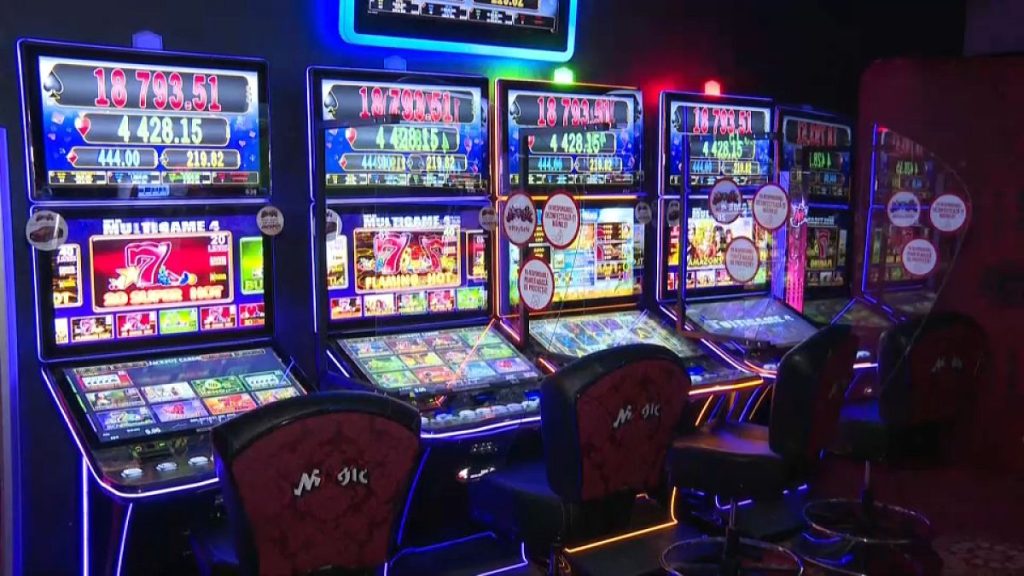Romania has recently announced a ban on gambling venues in small towns and villages with populations of less than 15,000 residents, known as the “law of slot machines.” This legislation was passed unanimously by legislators in the lower house of parliament, signaling a united front against the gambling industry. Alfred Simonis, the leader of the Social Democrats, hailed the law as a significant step in combating the mafia-like influence of the gambling sector, which generates billions in revenue. Despite the unanimous vote, some dissent was present in the chamber, with opposition parties accusing the government of colluding with the gaming sector and calling for a complete ban on gambling.
Industry figures have expressed concerns over the lack of consultation in the decision-making process and are hopeful that the authorities will be able to effectively control the black market, as promised. The criteria for setting the population threshold of 15,000 for the ban has also been questioned by lawmakers, with some arguing that the impact of slot machines extends far beyond this number. Gambling venues have proliferated across Romania in recent years, with the National Gaming Office registering thousands of sports betting, bingo, casino, and lottery rooms. The state benefits from taxes on licenses for these venues, as well as online ticket sales and advertising spending by betting houses.
According to a 2016 survey, it is estimated that there are around 100,000 individuals in Romania who are addicted to gambling. However, there is a lack of recent data on the current prevalence of gambling addiction in the country. A recent study by Save the Children revealed that one in seven children in Romania spends money on gambling, highlighting the widespread impact of the industry on the population. Additionally, one in ten children comes from families where one of the parents is involved in gambling activities, further emphasizing the need for measures to address the issue at a societal level.
The ban on gambling venues in small towns and villages represents a significant policy shift in Romania, aimed at curbing the negative effects of the gambling industry on communities and individuals. While the legislation was passed unanimously, there are divisions within the government and among opposition parties regarding the extent of the ban and the government’s handling of the issue. Critics argue that the threshold of 15,000 residents is arbitrary and does not accurately reflect the impact of gambling on a broader scale. It remains to be seen how effectively the authorities will be able to implement and enforce the new law to address the challenges posed by the gambling sector.
The passage of the “law of slot machines” in Romania marks a milestone in the country’s efforts to regulate the gambling industry and combat the influence of organized crime within the sector. The law reflects a growing recognition of the negative social and economic impacts of gambling addiction, particularly on vulnerable populations such as children and families. As Romania grapples with the challenges posed by widespread gambling venues, lawmakers and stakeholders must work together to ensure that the new legislation is effectively implemented and enforced to protect the well-being of the population. Only time will tell how successful the ban will be in addressing the root causes of gambling addiction and promoting responsible gaming practices in the country.


